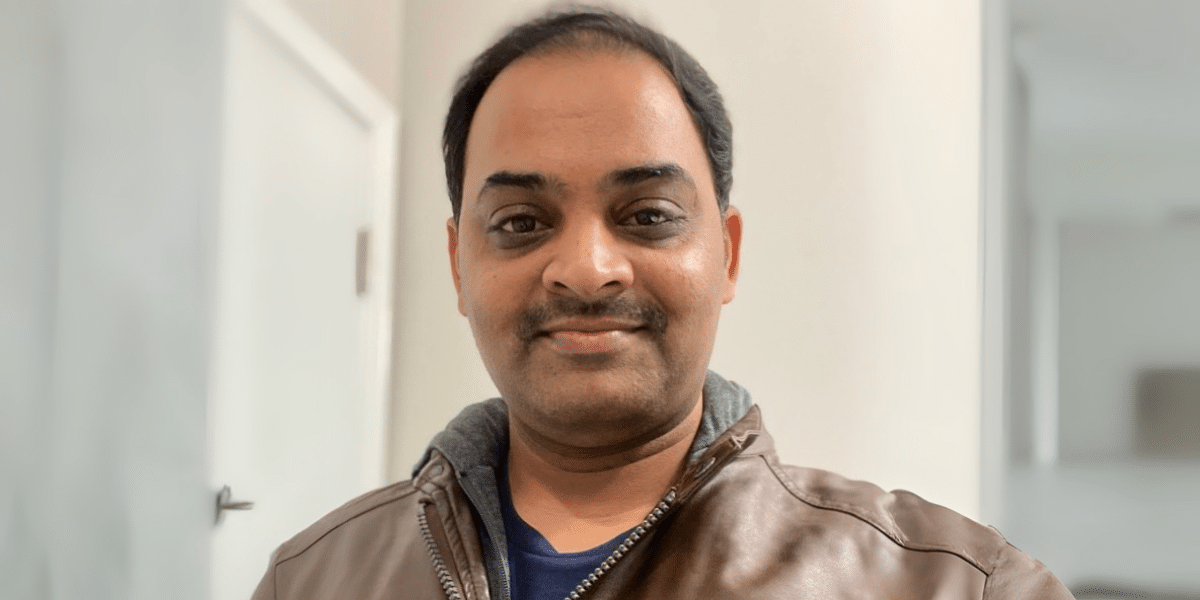By: ramanakar.com
The drive to improve patient outcomes amidst the increasing spiral of costs propelled this seismic shift in the healthcare industry. Accomplished in driving this transformation is Ramanakar Reddy Danda, an IT architect, and a visionary innovator. Having more than 17 years of active experience in his career, Danda has aptly solved complex problems through cutting-edge technologies across diverse industries. His latest research includes “Application of Neural Networks in Optimizing Health Outcomes in Medicare Advantage and Supplement Plans,” introducing a disruptive intervention in health care delivery and efficiency.
Neural Networks in Healthcare
Danda works on how neural networks, a high-end subset, optimize health outcomes in Medicare Advantage and Supplement Plans. These are basic needs for millions of elderly Americans that have consistently bedeviled the economy and people alike with their rising costs and inefficiencies. The new game-changers are neural networks that can scan massive data sets for even the most sophisticated patterns.
Danda will drive this through the integration of medical records, claims, and demographic data in neural network models for predictive analytics to identify at-risk populations, recommend treatments, and optimize resource utilization. Such applications hold great potential for reducing avoidable hospitalizations, smoothing administrative functions, and improving patient satisfaction.
Enhancing Decision-Making with Predictive Models
Indeed, this is a critical contribution to Danda: designing predictive models through neural networks for estimating patient risks and outcomes. He looks into how neural networks predict hospital re-admission based on comorbidities, treatment history, and even social determinants of health. After all, this predictive capability of healthcare providers enables timely and targeted interventions to reduce the chances of adverse events and—no proof here—improve overall care.
Models from Danda go further, allowing treatments to be tailored by comparing data for a single patient with the historical outcome for similar cases. In this way, clinical decisions become more precise, and providers are empowered to accommodate each patient’s particular needs.
Addressing Systemic Challenges in Medicare Plans
Other major pain points in Medicare Advantage and Supplement Plans include fragmented care coordination, disparities in patient needs, and limited data sharing. This need was addressed in the research by the Danda respondent by making neural networks leveraging comprehensive data sets to make actionable insights possible. Such models help insurance providers strategize patients according to risk, for example, by ensuring that high-need patients have appropriate resources while costs are optimized.
Besides, the neural network framework relieves administrative burdens through automated claims processing and fraud detection. This improves efficiency and lowers operation costs, enabling health organizations to focus on patient care.
Case Studies Highlighting Success
Compelling case studies underscore Danda’s work, showcasing the practical impact of neural networks on Medicare plans. These varied success stories highlight the transformative potential of neural networks in reimagining care delivery within value-based healthcare. For Danda, aligning financial incentives with patient outcomes is key to shifting from reactive healthcare management to proactive health management.
Ethical Considerations and Future Directions
He believes that neural networks’ applications in healthcare may be great, but only some acknowledged ethical and practical obstacles stand in the way of such applications. Some of the critical issues related to high priority concern data privacy and data security, mainly due to the sensitivity of healthcare information. In this respect, sound encryption protocols and adherence to regulatory standards are underlined in his study.
Consequently, the interpretability of the models developed using neural networks will be handy. As Danda says, algorithms must be transparent to allow interested stakeholders to understand and believe in the decisions provided by AI systems. Interpretability will be vital in driving adoption among healthcare providers and patients.
Danda says the use of neural networks in healthcare will continue to expand: “One could integrate wearables or other IoT that capture patient data in real time and build models that are even more dynamic and responsive to further improve outcomes.”
Impact Beyond Healthcare
Contributing beyond the silos of the health industry, Danda took the lead in using neural networks, quintessentially proving the power of AI in solving many of today’s complex, information-intensive problems. From efficient yield optimization in agriculture to enhanced supply chain management, his work further illustrates the versatility and impact that AI can have across diverse domains.
Thought leader and pioneer Danda has been a continuous source of inspiration to others on the possibilities lying at the feet through technology. His research stands as testimony to the coming together of IT and data science for interdisciplinary collaboration toward healthcare and meaningful change.
Conclusion
Dr. Ramanakar Reddy Danda’s work on neural networks in Medicare Advantage and Supplement Plans is a quantum leap into intelligent and robust healthcare. By solving existing challenges through AI-driven optimization of health outcomes, his work has met current needs but simultaneously paved the route toward further innovation.
Danda represents innovation in this digitized century, in which technology holds the key to solving some of humanity’s most current serious problems. He committed to using AI to improve society as an example of how technologies can offer a healthier and more just world. The health industry keeps changing daily, but his contributions undeniably create a way forward in the care provided for all patients.
For more information, visit https://ramanakar.com.
Published by Stephanie M.

















